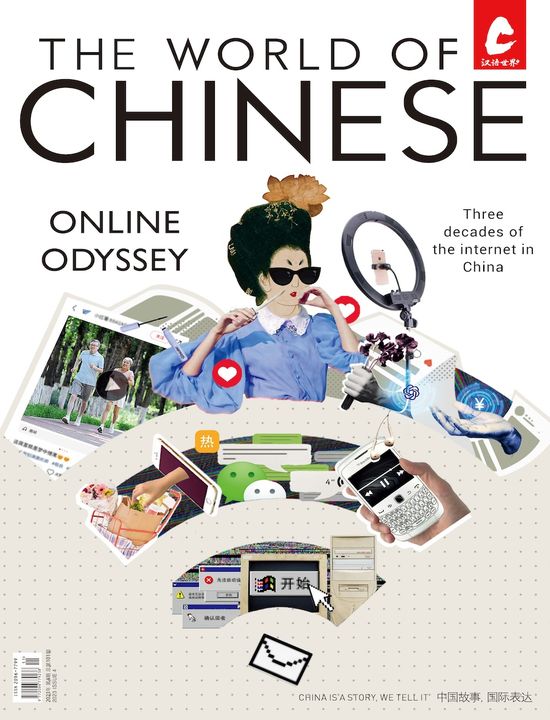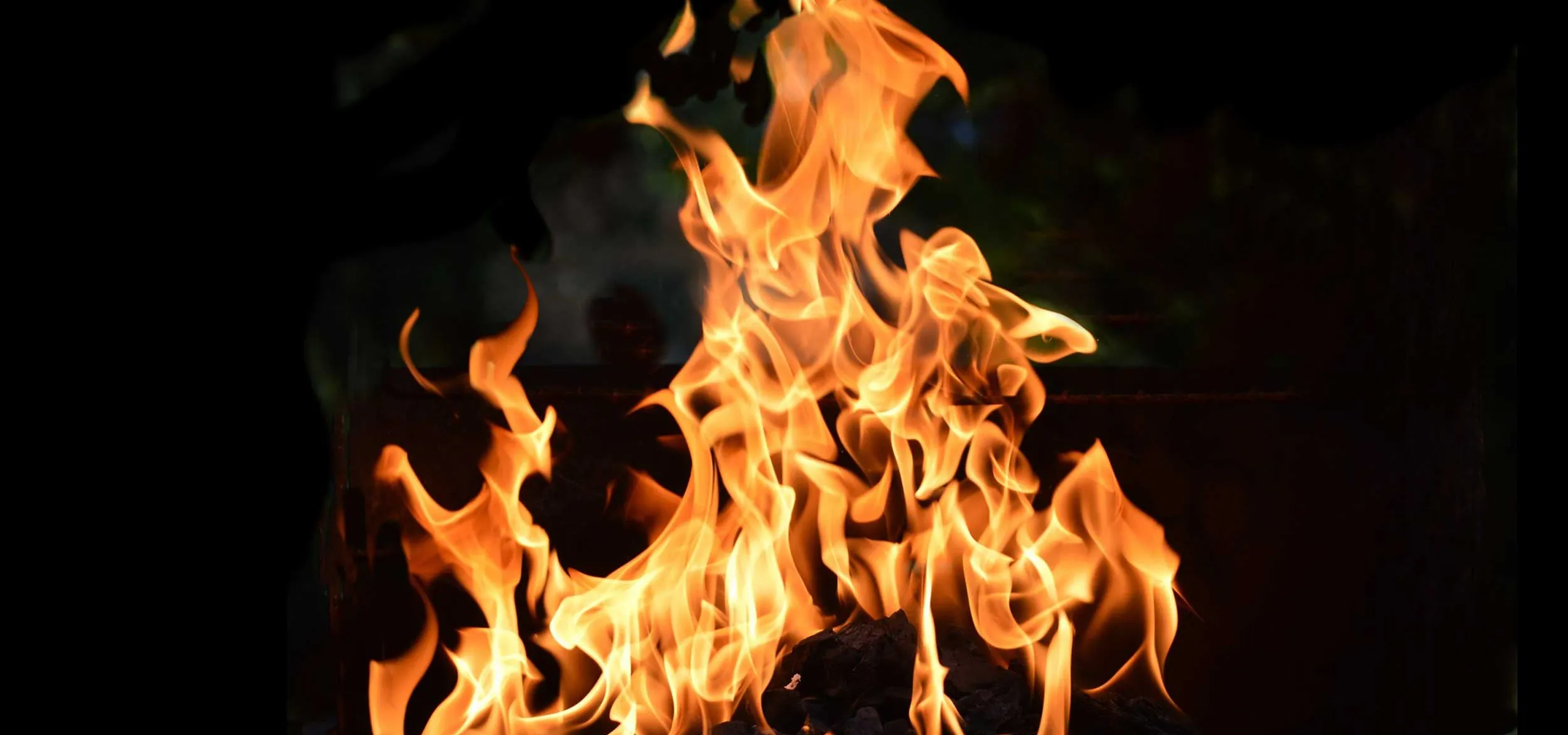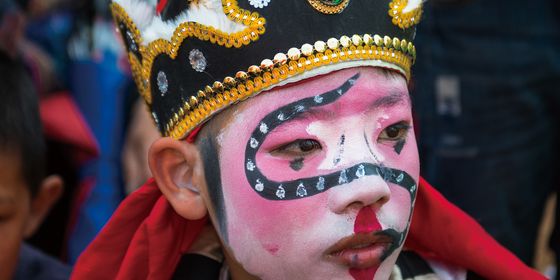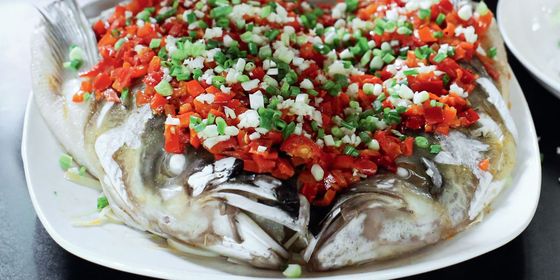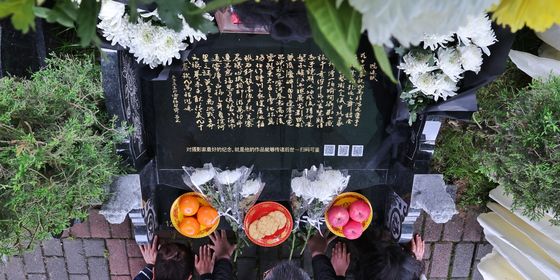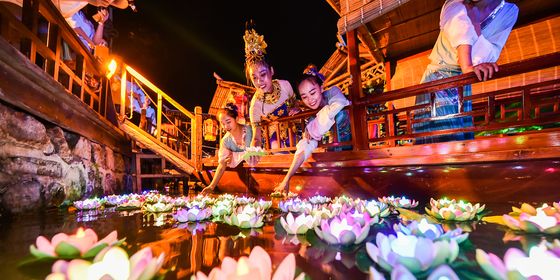The legend behind China’s most unpopular festival
Tomorrow is, of course, Qingming Festival, the start of a three-day holiday, when people are supposed to sweep tombs and worship ancestors (of course, many don’t).
Even fewer, though, celebrate another traditional Chinese holiday—the Cold Food Festival or 寒食节 in Chinese! As the name suggests, it’s all about chilling: so no fires allowed, and you can only eat something cold. That’s not something you hear very often in China.
The origins can be traced back to the Spring and Autumn period (770 – 476 BCE). The legend here concerns a model of self-sacrifice and loyalty in ancient history, named Jie Zitui (介子推). Jie was serving Prince Chong’er (重耳), heir to the throne of the State of Jin, when Chong’er was framed for revolting against the king. The prince was forced to flee for his life, and took with him 15 of his men, including Jie.
Jie was very loyal—so loyal that, according to the legend, when their supplies were stolen along the way, Jie carved some meat from his own thigh to make a soup to feed his prince (note: cannibalism is not a feature of the Cold Food Festival).
Years later, the Qin Emperor invaded Jin on Chong’er’s behalf and installed him as its duke. The now Duke Chong’er was generous to those who had helped him in his darker days, and decided to give his loyal lieutenants some rich rewards. But Jie refused to take his, considering his loyalty merely a duty. Instead, he left the court of Duke Chong’er and went to live in seclusion on a mountain.
But the duke didn’t give up: After repeatedly sending envoys of gratitude to invite a truculent Jie back, the duke lost patience and decided to literally smoke Jie out—by setting the entire mountain on fire. Somehow, this ingenious plan backfired and Jie instead burned to death: His charred body was allegedly found still standing, tightly bound to a tree.
A remorseful Duke Chong’er decided to make the people pay for his poor judgment. After renaming the mountain Mount Jie, he ordered that a Cold Food Festival be held annually, forbidding anyone from lighting a fire during the festival.
Originally, the Cold Food Festival took place during the freezing midwinter and would last a month, but the hardship meant most people couldn’t take the festival seriously for that long. By the end of the Three Kingdoms Period, the festival had been moved to spring, around the Qingming solar term. By the time of the Tang dynasty, the festival was so beloved, it was celebrated for only one day. Today, the Cold Food Festival is not even an official holiday, and few people actually eat cold foods to celebrate it. So if you want to pay your respects to Jie Zitui, maybe just crack open a cold one and don’t burn your friend’s house down?
